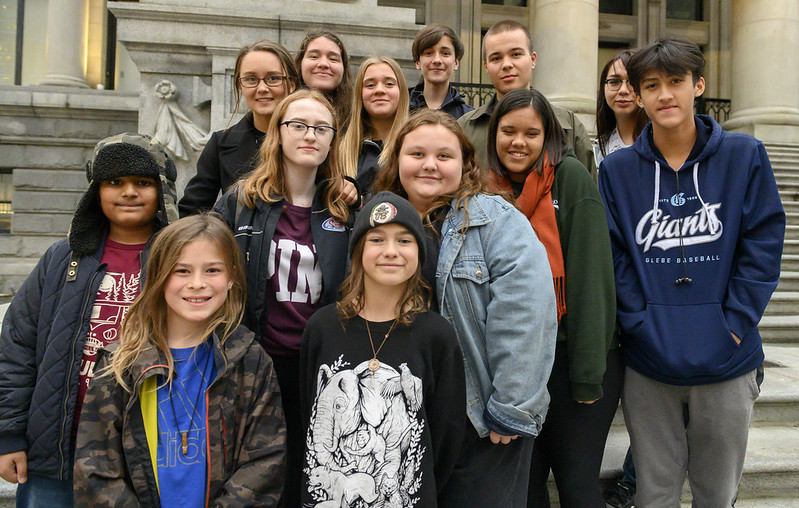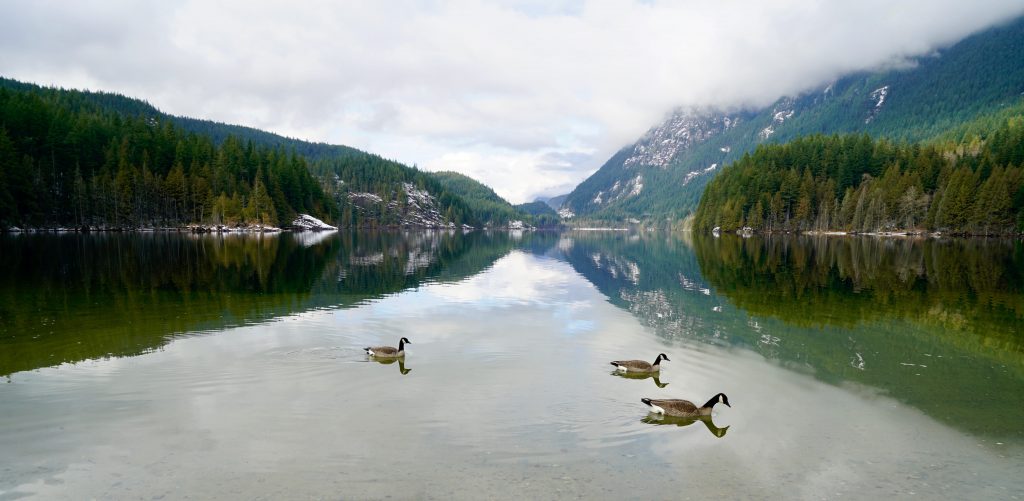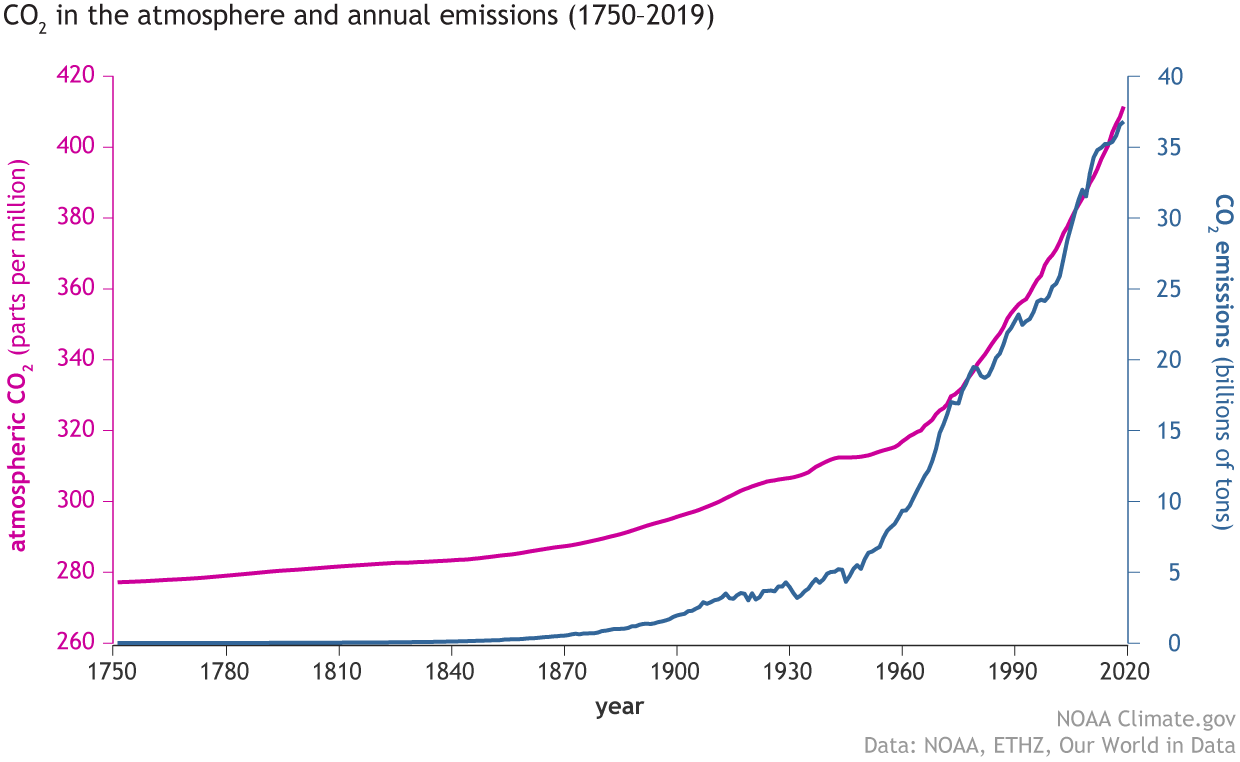
If you or anyone you know has ever been interested in finding a climate change cause to donate to, it can be challenging to determine which organizations will be the most effective. A team of economists and climate scientists created Giving Green, a website which advises people on how to most effectively maximize their climate giving, to help solve this problem.
The goal of Giving Green is to recommend organizations where the positive environmental outcome can be maximized per dollar donated. Among other organizations, they recommend Tradewater, a nonprofit which sequesters and destroys environmentally harmful chemical refrigerants chlorofluorocarbons (CFCs). Giving Green has had to meet many challenges – from applying statistical techniques and empirical evidence to determine which charities to recommend, while remaining nonpartisan on an extremely politicized issue in order to retain their non-profit status. Read more about Giving Green here!




